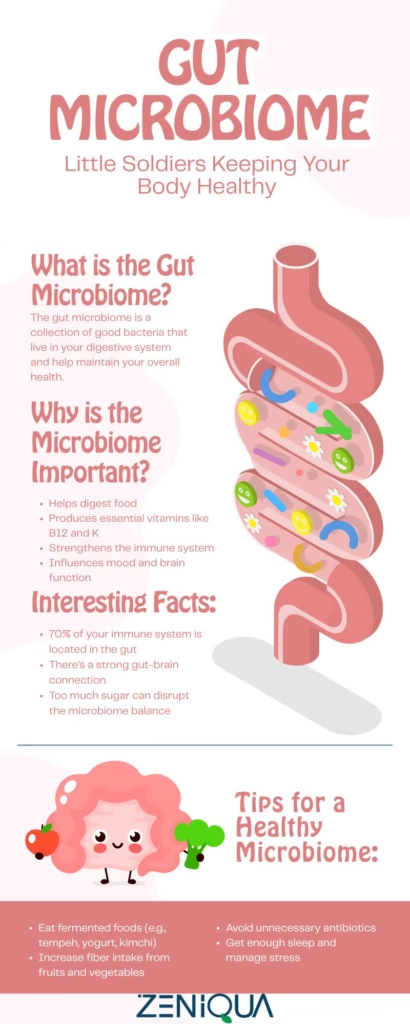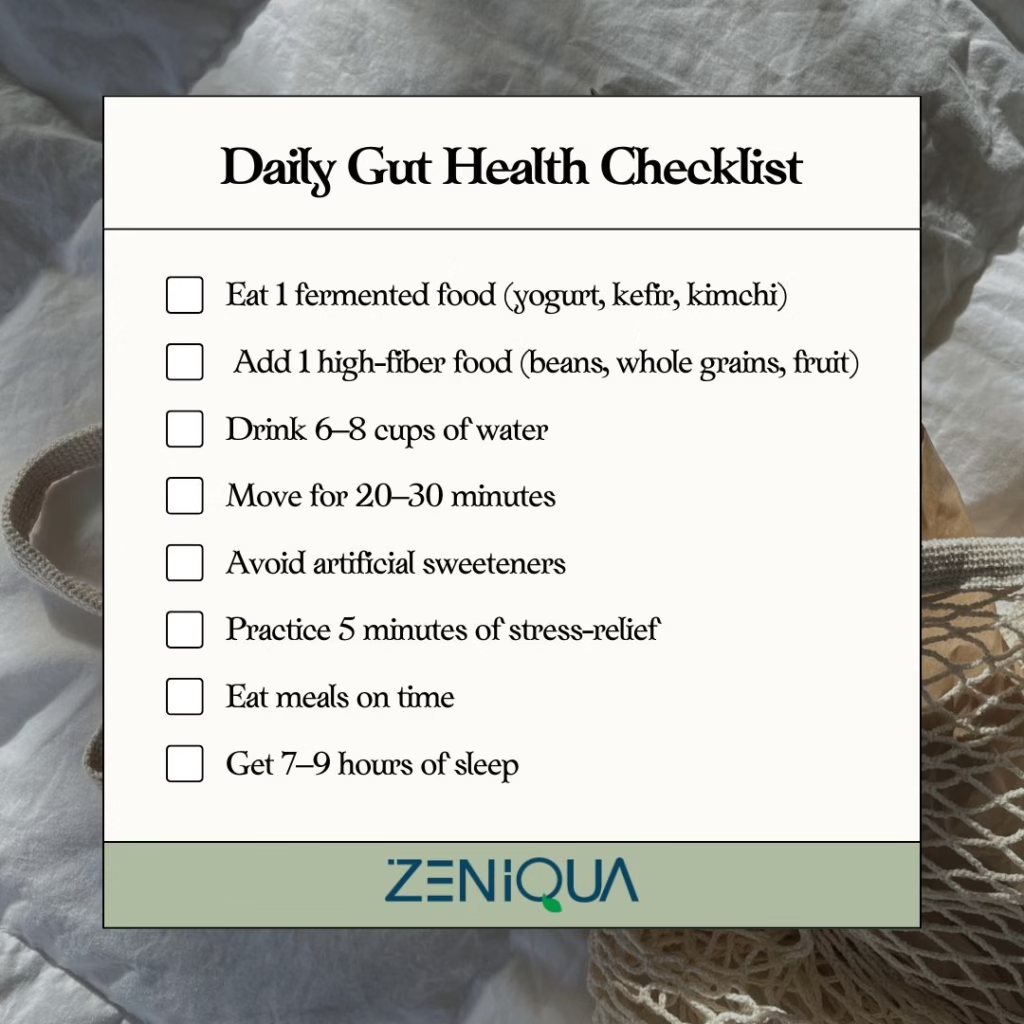QUICK LINKS
PRODUCTS
- Men
- Women
- Kids
- Universal
- Zeniqua Daily Vibes | Multivitamin for Adults | 30 Tablets
- Zeniqua Daily Vibes | Multivitamin for Adults | 60 Tablets
- Zeniqua ZeniTrim | Anti-Obesity Nutraceutical for Adults | 30 Tablets
- Zeniqua ZeniTrim | Anti-Obesity Nutraceutical for Adults | 60 Tablets
- Zeniqua ZeniDreams | Sleep Gummies | 30 Gummies
RECENT POSTS
28
Feb
Benefits of Shatavari
-
By
 Nidhi
Nidhi - 0 comments
A quick overview on Shatavari : Shatavari (Asparagus racemosus) is basically the heavy-hitter of the Ayurvedic world. It’s of...
26
Feb
Low Calorie Fruits: A Simple Guide for Healthy Weight Loss
-
By
 Nidhi
Nidhi - 0 comments
Fruits support a balanced diet with vitamins, minerals, antioxidants, and fiber. Choosing low calorie fruits helps control intake while...
25
Feb
The Best Multivitamin Gummies Every Picky Eater Needs
-
By
 Nidhi
Nidhi - 0 comments
If you’ve ever found yourself in a high-stakes negotiation with a toddler over a single, solitary piece of broccoli, you are not alone....
















